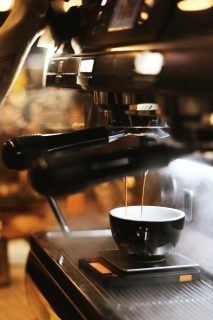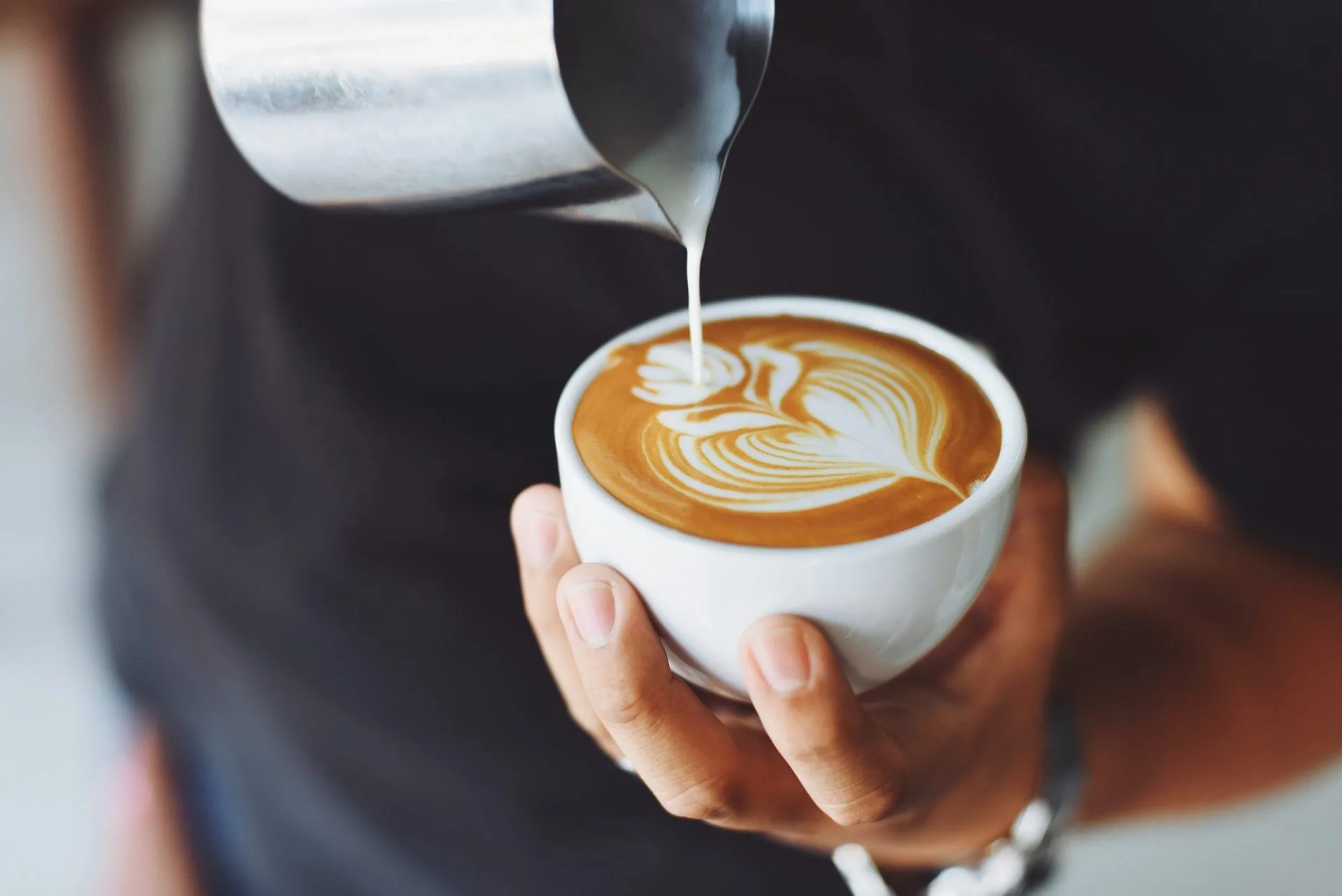Coffee, it’s something most of us drink. In fact, many of us (myself included) rely on wit to get us out of bed in the morning and kick start our day. In fact, it’s so popular that 80% of adults in the US consume it daily. And mostly, everyone seems to agree that, overall, coffee is relatively healthy. Of course, as with anything, it’s largely agreed that you shouldn’t be drinking too much of it. But could coffee and caffeine have a negative effect on the absorption of iron?
It seems like there might just be a link so, if you struggle with iron deficiency, you might want to keep reading and reconsider how and when you drink your coffee.
Let’s start with the basics, what is caffeine and how much is too much?
Caffeine is a natural stimulant that is most commonly found in tea, coffee, and cocoa plants. It’s a central nervous system stimulant, and is the most commonly consumed ‘psychoactive substance in the world’.
A cup of coffee can range from 50 to more than 400 mg per cup. For example, whilst a small, home-brewed coffee will likely provide about 50 mg of caffeine, a Starbucks Grande can contain over 300 mg. In general, it is wise to assume that an 8oz cup of coffee (240ml) will contain around 100 mg of caffeine.

Photo by Vlada Karpovich from Pexels
The trouble with coffee is that it’s so variable when it comes to caffeine content. Most sources suggest that 400 mg of caffeine per day is an acceptable amount for adults. This works out to about 4 cups or 945ml of coffee per day. Whilst this is the recommended amount, many people drink more than this without issue. It is, however, important to remember that coffee is not the only source of caffeine. Other drinks such as sodas (soft drinks) and tea often also contain caffeine and this also contributes to your daily intake.
Coffee and caffeine do inhibit iron absorption
There have been quite a few studies on the connection between coffee, caffeine, and a reduction in iron absorption. One study found that drinking a cup of coffee with a hamburger reduced iron absorption by 39%. But, if that sounds bad, consider that, when the same meal was consumed with tea (another caffeinated beverage), iron absorption was reduced by a massive 64%.
A different study found that drinking one cup of instant coffee with bread reduced iron absorption by anywhere between 60% and 90%. There also seems to be a correlation between the strength of the coffee or tea and how much iron absorption is reduced. It also seems that drinking coffee regularly has an effect on how much iron your body can store.
It might be less about drinking coffee and more about when you drink it
The real kicker seems to be that the correlation between caffeine and iron absorption has more to do with when you drink your coffee. For instance, it has been found that drinking coffee an hour before or an hour after a meal had no effect on iron absorption whatsoever.
So, if you, like me, do rely on coffee to keep you going but struggle with low iron, it’s best to keep your coffee drinking between meals. Make sure that there is at least an hour between when you drink your cup of Joe and when you eat.
What you eat also has an effect
In fact, it seems to have a massive effect. Iron absorption is of course hugely complex and, like anything that happens in the body, dependent on multiple factors. It’s likely that what you eat has a greater effect on how your body absorbs iron than any other factor. Consuming more foods that contain things like vitamin C and copper will help to boost the absorption of iron into the body.
There are also two types of iron; heme and non-heme iron. Non-heme iron is found in plant-based foods and is unstable. This means that it’s easily affected by other dietary factors. In general, “only 2–20% of non-heme iron is absorbed “. On the other hand, heme iron is found only in animal tissues (meat, poultry, and seafood).
It is much more stable than non-heme iron and, thus, is much more easily absorbed with an absorption rate of 15–35%. So, drinking caffeinated drinks with foods rich in heme iron is much less likely to have an effect on the absorption of iron into the body.
Don’t worry, you don’t have to completely ditch your coffee
Most of us get enough iron from the food that we consume. However, if you do struggle with iron deficiency, drinking too much tea or coffee likely isn’t a great idea.

Photo by Viktoria Alipatova from Pexels
According to Healthline, the groups most at risk of iron deficiency include “women of childbearing age, infants and young children, people with a poor or restrictive diet, such as vegetarians, and people with certain medical conditions like inflammatory bowel disease”.
But if you don’t want to cut out coffee or tea, just take these tips into consideration
- Drink coffee or tea between meals
- Wait at least an hour after you eat before consuming any caffeinated beverages
- Include meat, poultry, or seafood into your diet to increase stable, heme iron levels
- Increase your intake of vitamin C
- Choose high calcium and high fiber foods
References
https://www.healthline.com/nutrition/how-much-coffee-should-you-drink
https://pubmed.ncbi.nlm.nih.gov/9889511/
https://www.healthline.com/nutrition/what-is-caffeine
https://www.healthline.com/nutrition/how-much-coffee-should-you-drink#coffees-caffeine-content
https://pubmed.ncbi.nlm.nih.gov/12519715/
https://www.sciencedirect.com/science/article/pii/S0278691513007175
https://pubmed.ncbi.nlm.nih.gov/15635355/
https://www.healthline.com/nutrition/coffee-caffeine-iron-absorption#TOC_TITLE_HDR_5






![women [longevity live]](https://longevitylive.com/wp-content/uploads/2020/01/photo-of-women-walking-down-the-street-1116984-100x100.jpg)










